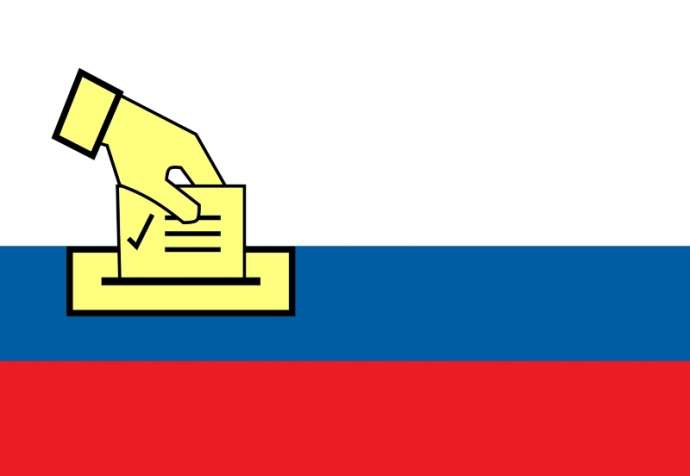STA, 6 April 2020 - The government-sponsored amendments that would set down the National Assembly's course of action in case of a referendum initiative challenging a law that cannot be challenged under the constitution is likely to garner the needed two-thirds majority in parliament to pass, judging by parties' indications.
The Public Administration Ministry told the STA on Monday that the coalition had pledged its full support for the amendments to the referendum law, while the only opposition faction to voice its vocal dissent was the Left.
Speaking to the STA, the head of the Left's deputy faction, Matej T. Vatovec confirmed their opposition but said that they were yet to decide whether they would vote against the proposal or abstain.
Noting that the same solutions had been under discussion in the previous term, Vatovec said the Left was against restrictions to the referendum initiative in principle. The party has also voted against the constitutional amendment that sets forth when a referendum cannot be called.
The constitutional amendments passed in 2013 ban referendums on laws deemed vital for the country's defence and security or tackling the consequences of natural disasters, along with laws dealing with taxes, budget implementation, ratification of international treaties, and laws correcting existing unconstitutional provisions.
Vatovec believes the motive behind the latest change to the referendum law is the government's desire to enforce laws as fast as possible, which he finds contentious because it means all laws could presume retroactivity and because he believes referendum is not a mechanism whereby constitutionality or technical issues are established, but rather an expression of people's disagreement with a political course taken.
Information available to the STA indicates that the opposition Social Democrats (SD) have no major misgivings about the government proposal, whereas the former prime minister's Marjan Šarec List (LMŠ) has some, so it plans to table amendments and then decide on how to vote depending on the discussion and amendments passed.
The deputy groups of the opposition Alenka Bratušek Party (SAB) and National Party (SNS) told the STA the government could count on their support, with SNS leader Zmago Jelinčič adding that he hoped the new provisions would not be abused.
Under the new amendments, the laws that cannot be challenged in a referendum could be promulgated as soon as the upper chamber's potential reservations ceased.
Under exiting law, the speaker of the lower chamber sends laws to the head of state to promulgate them on the eighth day after adoption, except when a referendum initiative or a veto by the upper chamber has been submitted in the meantime.
President Borut Pahor, who promulgates laws, expressed support for the amendments, saying that they would allow greater efficiency in a democratic way and within the "framework of the constitution and law".
"The proposal is strong proof that both the executive and legislative branches want to act in line with the constitution in these extraordinary circumstances. This is also my wish as president," he added.
Noting that a two-thirds majority in parliament was needed, Pahor said that it was "right that a broad discussion is held, that possible reservations are expressed, but that the amendments are eventually passed".
The president assessed the safeguards as sufficient, as "the right to referendum is not being taken away, but the implementation of a low is only being sped up", adding that only measures which were really necessary should be adopted this way.
The amendments to the referendum law would cut short procedures to enact measures to fight the coronavirus epidemic and mitigate its consequences.
The National Council, the upper chamber of parliament, has already expressed its plan to actively avoid vetoing emergency laws in order to accelerate their implementation, and has already demonstrated its commitment by waiving its right to veto the EUR 3 billion stimulus package.
The government has proposed for the referendum reform bill to be passed by emergency procedure, which the college of deputy groups endorsed today.
The bill will be first read by the parliamentary Interior Affairs and Local Government Committee on Tuesday morning and then at the plenary in the afternoon.






